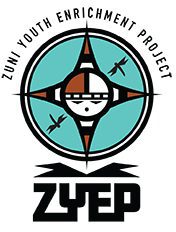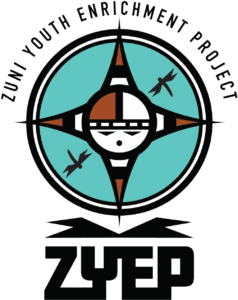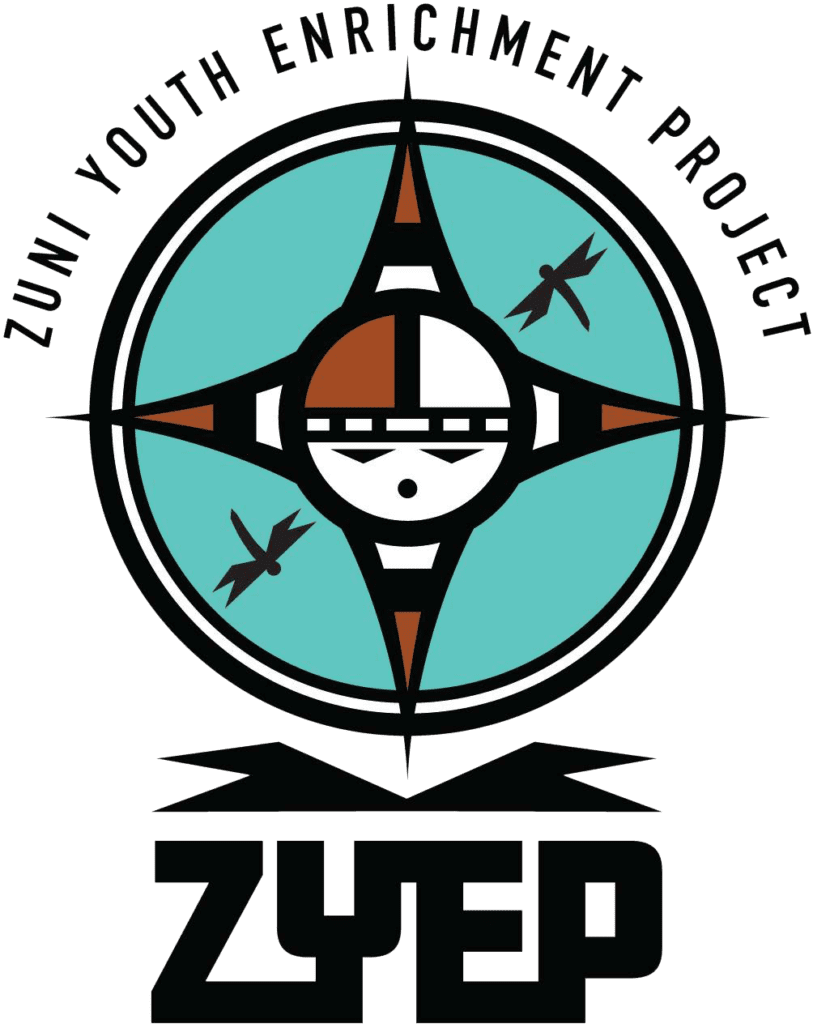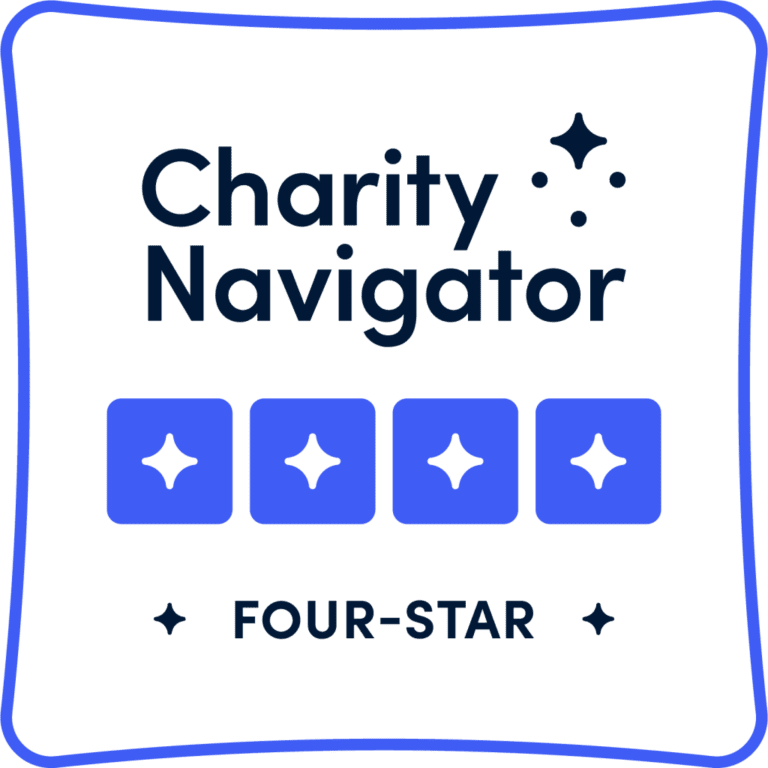ZUNI, NM (Oct. 10, 2024) — October is a big month for the Zuni youth who are engaged with the Zuni Youth Enrichment Project’s art apprenticeship and internship programs. Not only are the current ZYEP Emerging Artist Apprentices preparing for the program’s first-ever food showcase, three apprentices and one food sovereignty intern will be participating in the Grand Canyon Cultural Demonstration Program.
With support from Ancestral Rich Treasures of Zuni (ARTZ), Administration for Native Americans (ANA) and First Nations Development Institute, the current cohort of Emerging Artist Apprentices is studying traditional Pueblo cooking. They will have an opportunity to show and sell their work to the public at 6-8 p.m. on Friday, Nov. 8 at Ho’n A:wan Park.
“It’s a different kind of art showcase for us,” said Elroy Natachu Jr., ZYEP’s arts coordinator. “We are hosting it here at ZYEP because we have a kitchen and can guarantee safe food-handling practices.”
Twelve art apprentices ages 12-22 are currently enrolled in the apprenticeship, which started on Sept. 3 and concludes Nov. 7. In the beginning, instructors introduced the young people to the cultural components of traditional Pueblo cooking, including pre- and post-contact ingredients.
“We want them to understand the foundation of our traditional diet, which was plant-based,” Natachu said. “We primarily ate vegetable dishes, which had all the minerals, vitamins and fiber we needed. Meat was a luxury or eaten during religious events.”
Apprentices learned to make different entrees, side dishes and snacks incorporating traditional ingredients, exploring their health benefits and flavor profiles. Then they moved into recipes that were unique to their families, handed down through generations.
Roughly half of the apprentices arrived on the first day with very little experience in the kitchen, Natachu noted. The other half had experience with prep work, or perhaps with packaged mixes, but not with making meals from scratch, following food safety protocols or measuring ingredients by weight.
As the apprentices perfect each recipe, they also are learning to double the recipe so they can make larger batches. It will come in handy this month, according to Natachu.
“On Oct. 18, they are catering the O:dip’sheh (Dance Medicine) closing celebration, providing meals for the participants,” he explained. “Then, on Oct. 30, they will be offering cookies at the Running Medicine Zuni closing celebration.”
As with all Emerging Artist Apprenticeships, the Pueblo cooking cohort is learning more than their chosen art. They also have opportunities to prepare and package their goods for purchase, serve customers and talk about what they learned.
“The youth were surprised to learn that some of our traditional plants actually are noxious weeds,” Natachu said with a laugh. “They are edible, just not in large quantities. We use them as herbs and in our teas.”
He also noted that, due to the strong Spanish colonial influence that remains in the Southwest, many Zuni youth are used to flavor profiles that belong to that cultural background.
“Our apprentices had to adjust their reference point and their taste buds, because our flavor profiles were different: bitter, sour, herbal,” Natachu remarked. “So that was an adventure!”
A favorite activity for the young apprentices this fall has been parching corn. They used a particular type of wash soil, removing the clay and preserving the sandstone and rock granules, and learned to cook the corn evenly so it would crackle rather than pop.
“We had a fun time with that,” Natachu remembered. “They were determined to do it but were scared of it popping. They were hands-on throughout the process, shelling and salting the corn and handling the cast-iron kettle.”
The apprentices also appreciated learning how to forage ethically and correctly for traditional foods, protecting the plants’ roots and only taking what they needed. Natachu said they were amazed at how much harder it can be to harvest traditional foods such as prickly pear, and how much work it is to prepare these foods.
“I think it gave them a newfound appreciation for these dishes — and for our elders, who kept and shared this knowledge and did all the hard work through so many steps,” he reflected. “You really can learn so much about your culture and identity through how we treat, prepare and offer food. It is part of who we are, and how we have been able to survive for so long.”
While the Emerging Artist Apprentices are busy preparing for the O:dip’sheh and Running Medicine Zuni events and their ZYEP showcase, three program alumni and one food sovereignty intern are getting ready for their own adventure: the Grand Canyon Cultural Demonstration Program on Oct. 29-31. This program is made possible through an exciting partnership with Grand Canyon National Park and grant funding from the National Park Foundation.
ZYEP Arts Assistant Coordinator Kandis Quam will accompany art apprentices Kallen Quetawki (Zuni pottery, graphic arts), Gregory Baca III (Pueblo embroidery) and Jalen Hannaweekea (Pueblo weaving), while ZYEP Food Sovereignty Specialist Zachary James will accompany food sovereignty intern Jayne Lalio.
The five young people will present their cultural demonstrations at the Desert Watchtower, the easternmost developed area along the national park’s South Rim, from 8 a.m. to 5 p.m. on each of the three days. The youth also will have some time to visit select spots along the South Rim.
“When our youth speak with Grand Canyon visitors from all over the world, they are sharing our knowledge, skills and traditions,” Natachu said. “They are becoming the next generation of culture bearers for our community.”
Grand Canyon has been home to 11 tribes for generations, which means it is more than a national park, a World Heritage Site and a natural wonder of the world. It’s a sacred space for entire peoples: Havasupai, Hualapai, Hopi, Yavapai-Apache, Kaibab band of Southern Paiute, Las Vegas band of Southern Paiute, Moapa band of Southern Paiute, Paiute Indian Tribes of Utah, San Juan Southern Paiute Tribe, and Zuni.
The purpose of the Cultural Demonstration Program is to give members of those 11 traditionally associated tribes a voice at Grand Canyon by supporting interactions with the public through demonstrations of traditional Native practices and crafts. Made possible by grants from the Grand Canyon Conservancy, the program began in 2014 and continues to grow.
To learn more about the Zuni Youth Enrichment Project and its programs, and for information about making donations, partnering with ZYEP, and volunteering, call (505) 782-8000 or visit zyep.org. And, to stay up to date on the latest news and events, follow the nonprofit youth organization on Facebook (/zuniyouthenrichmentproject), Instagram (@zuniyouthenrichmentproject), YouTube (/ZuniYouth), and TikTok (/zyep09)
Founded in 2009, the nonprofit Zuni Youth Enrichment Project is dedicated to promoting resilience among Zuni youth so they will grow into strong, healthy adults who are connected with Zuni traditions. ZYEP fulfills its mission by providing positive role models, enriching programs, and nurturing spaces that contribute to the healthy development of Zuni youth. ZYEP strives to provide every child with the encouragement and opportunities they need to reach their full potential.





